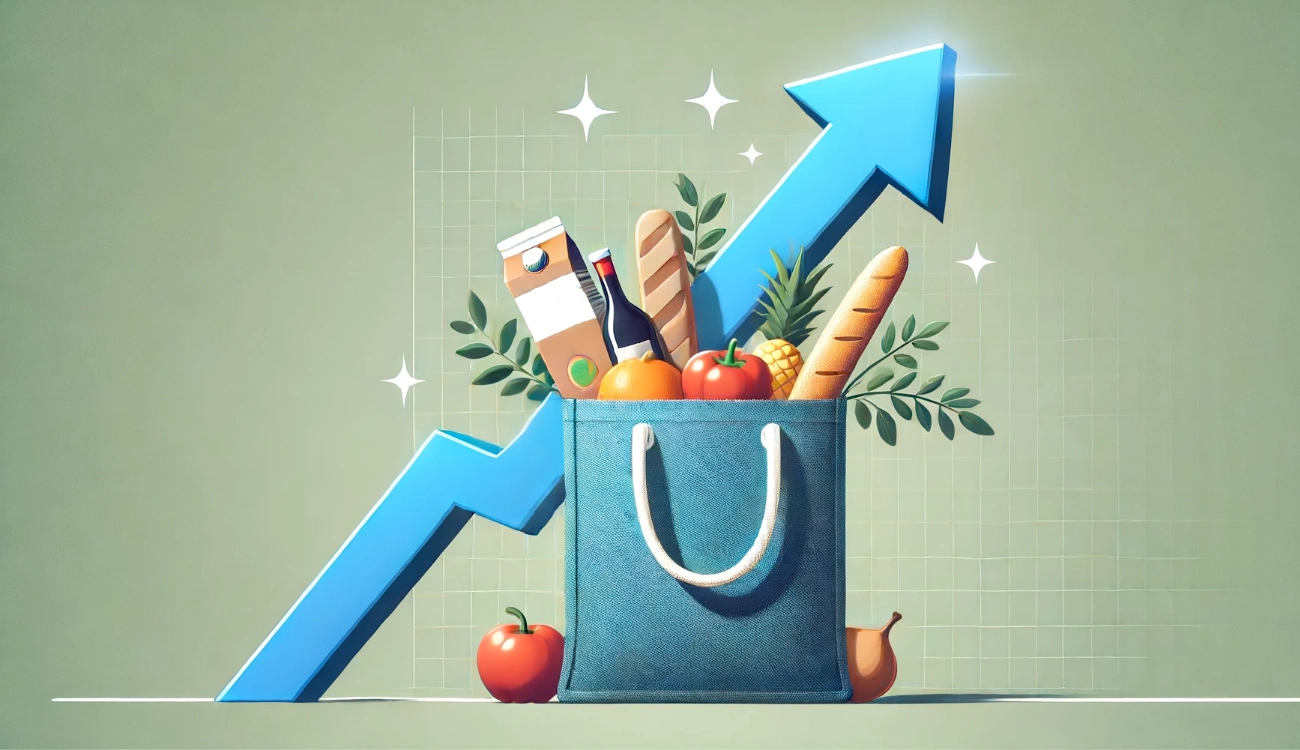
The Ever Lasting Fight Against Rising Food Prices
Food costs have been steadily increasing in the UK, creating financial strain for many households. Several factors contribute to this rise, including supply chain disruptions, increasing production costs, and economic inflation. Understanding these reasons can help consumers navigate these challenging times and find ways to manage their food expenses effectively.
What’s factored into the cost of your favourite products?
One major factor driving up food prices is the disruption in supply chains. The COVID-19 pandemic and Brexit have caused significant delays and complications in importing and exporting food products. This has led to shortages and increased costs for suppliers, which are then passed on to consumers. Additionally, adverse weather conditions and climate change have affected crop yields, further tightening the supply of certain food items.
Production costs have also risen due to increases in fuel prices, labour shortages, and higher costs for raw materials. Farmers and food manufacturers face higher expenses to produce and transport goods, leading to higher prices at the supermarket. Economic inflation has exacerbated these issues, reducing consumers’ purchasing power and increasing the overall cost of living.
What can we do to combat these ever-rising food and drink prices?
To combat these rising costs, consumers can adopt several strategies. Buying in bulk, planning meals, and reducing food waste are practical ways to stretch food budgets. Additionally, exploring alternative food sources, such as surplus food buyers and markets that sell surplus stock, can offer significant savings. Consumers can also support local farmers and producers, who often provide cheaper fresh produce than large retail chains.
At Refresh Surplus, we specialise in purchasing food and drink that may be destined for landfill or has passed its best-before date. By moving this excess food inventory to other wholesalers across the country, we help make low-cost food available to the public. This not only helps consumers save money but also reduces food waste, contributing to a more sustainable environment. Our commitment to buying best-before-passed stock ensures that edible food is not discarded unnecessarily.
Is Passed Best-Before Food and Drink Still Safe for Consumption?
It’s important to note that best-before dates are not indicators of food safety but rather of quality, as detailed by the Food Standards Agency. Even after their best-before dates, many foods are still perfectly safe and nutritious. By choosing to purchase best-before passed food, consumers can enjoy significant savings without compromising on quality. This approach aligns with the goals of surplus food buyers, who aim to maximise the use of available resources while minimising waste.
In conclusion, while the rising cost of food presents challenges, effective ways exist to mitigate its impact. Consumers can manage their food expenses more effectively by understanding the underlying factors and exploring alternative purchasing options. Businesses like Refresh Surplus play a crucial role in this ecosystem, offering solutions that benefit both consumers and the environment. We can all contribute to a more sustainable and affordable food system by supporting surplus food markets and making informed purchasing decisions.


